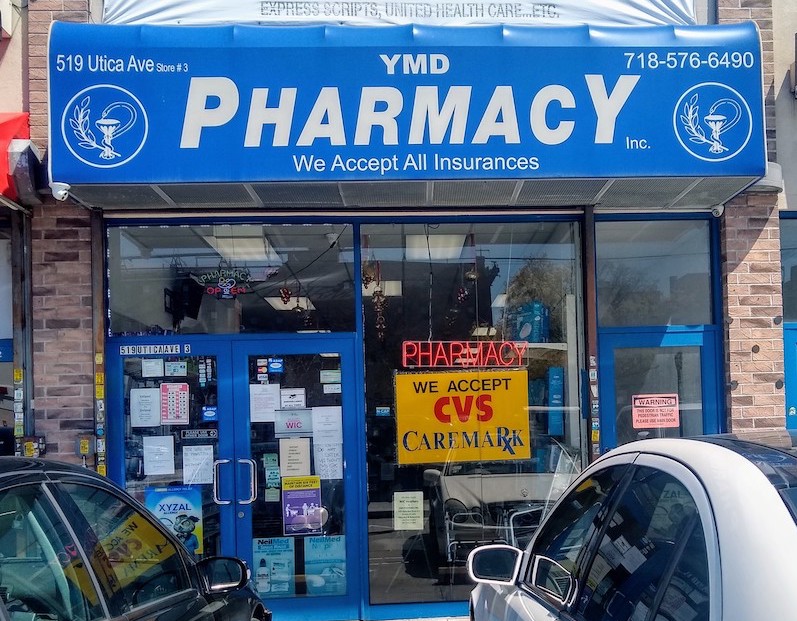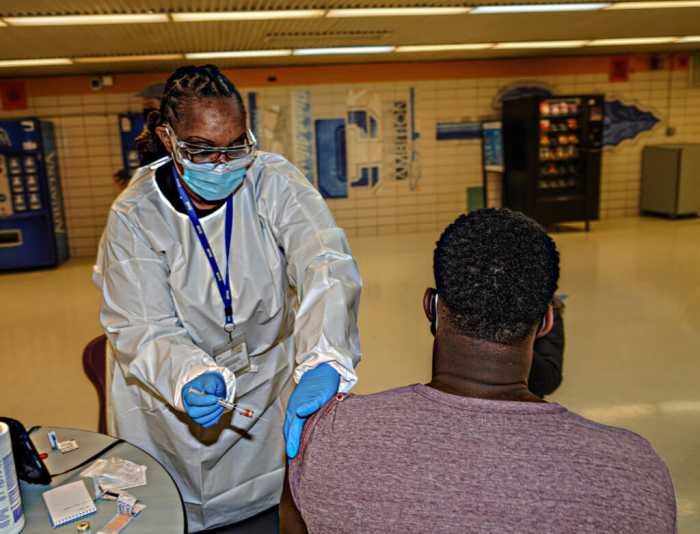Politicians make easy headlines blaming drug companies for the high drug prices. After all, drug makers are easy targets and certainly share the blame. However, missing from the headlines are even bigger villains called “pharmacy benefit managers” or PBMs who fuel drug prices higher and get in the way of cancer patients receiving critical treatments.
The PBM names Caremark, Express Scripts, and OptumRx might not mean anything to you, but the pharmacy giant CVS and top health insurers Aetna (owned by CVS), Cigna, and UnitedHealthcare, who all own these PBMs, certainly do. Combined, these huge corporations control about 80% of prescription drugs dispensed in the United States.
While initially designed to reduce drug costs by negotiating with drug makers, PBMs have evolved to do exactly the opposite. Today they use secret “rebates” to extort money from drug makers effectively. Pay up, or your products won’t be included in PBM formularies, which list the drugs available to patients. Today, PBMs extract so much money from drugmakers that some experts believe they make more than the manufacturers.
Worse yet, PBMs increasingly get in the way of treating my patients. Even if I prescribe a medically necessary drug, the same rebate-driven PBM formulary might not allow it. Instead, patients must first fail on inferior treatments before the right drug can be given. My team often spends hours fighting PBMs over what’s known as a “prior authorization” before our patients can receive treatment.
PBMs have also destroyed New York’s independent pharmacies by charging exorbitant fees to stay in “networks.” Called DIR fees, these often cause pharmacies to lose money on prescriptions, which is not financially sustainable. This is the reason why so many independent pharmacies across our state are going out of business.
The dirty little secret is that PBMs want prescription drug prices to be as high as possible because they make the most money from drug maker rebates and other fees. The result is PBM business behavior increases our prescription drug costs, not lowers them.
What can be done about these PBMs? New York lawmakers passed Senate Bill 3762 with near-unanimous votes that would rein in some PBM behavior. Unfortunately, just like a predecessor bill vetoed by ex-Governor Cuomo, the current bill sits unsigned on Governor Hochul’s desk. The lawmakers did their job. Now, Governor Hochul needs to do hers by signing this bill.
Federally, the Republican-led House of Representatives’ Oversight & Reform Committee recently held a “forum” on PBMs. But, unfortunately, the lead Democrat on the committee, our very own Chairwoman Carolyn Maloney, wouldn’t agree to make this an official hearing. Neither she nor any other Democrat on the committee showed up. In fact, after the hearing, Congresswoman Maloney issued a statement chastising the Republicans for looking into PBMs, saying it was drug makers who were primarily responsible for drug costs.
I welcome the Congresswoman to visit any of our eight cancer clinics in her district to learn the truth about how PBMs fuel drug prices and interfere with us providing care to over 150,000 New Yorkers we treat each year.
The light is finally starting to shine on how PBMs that drive up drugs costs and get in the way of your medical treatment. What New Yorkers need now, more than ever, is for our politicians to stop playing politics and get to work to bring down drug costs. An excellent place to start would be letting doctors make the best medical decisions for patients, unabated by large corporations and their hidden PBMs.
Jeff Vacirca, MD, is CEO of New York Cancer & Blood Specialists.









